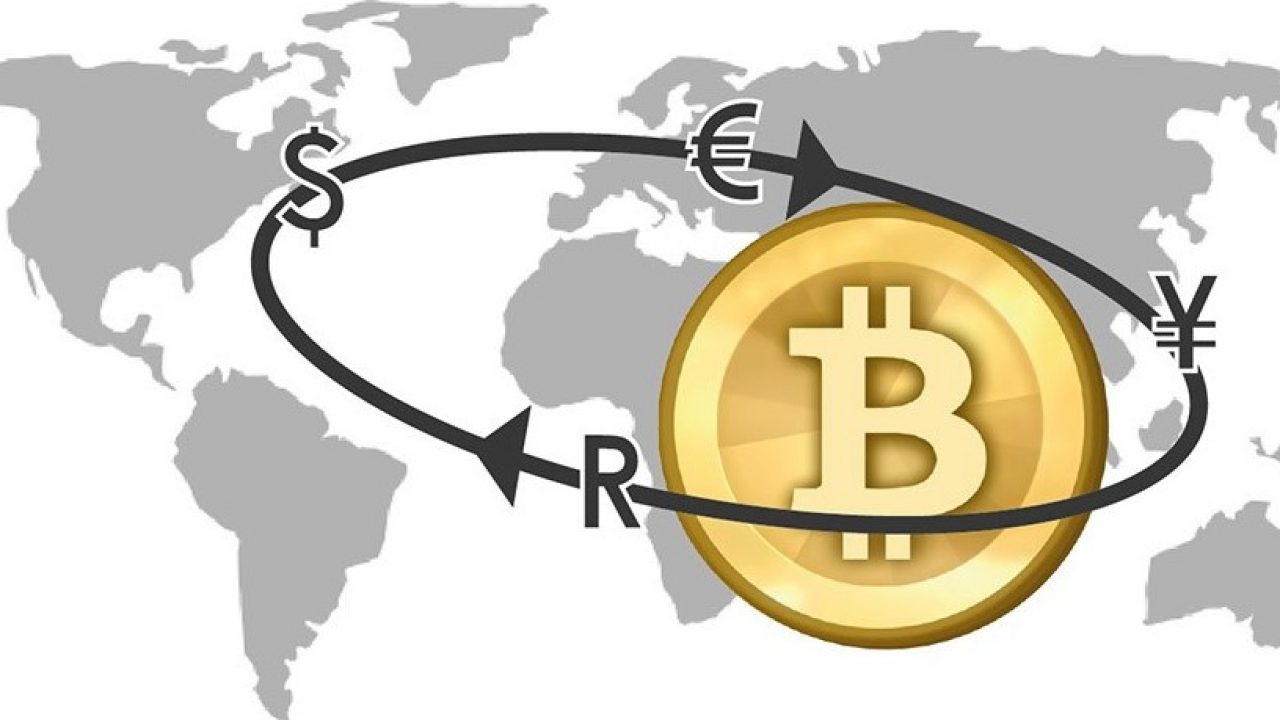
What You Need To Know About Bitcoin And The Remittance Economy
The transfer of money, mostly from a foreign worker to an individual person in their home country, is considered a remittance. Another example of remittance is business-related. Many organizations need to send money to their employees or invoices with partners in other countries.
How Does Remittance Affect The Global Economy?
Advanced Technology has increased remittance in recent years. Until late 1990, many developing countries had international aid as their largest financial inflow. And since that time, remittance has exceeded the amount.
Remittance covers a large amount of the GDP of a country. As per a report, in the year 2015, roughly 7% of Vietnam’s economy, along with 10% of Guatemala and the Philippines’ economy, was accounted for by the same fund.
In the year 2016 alone, around $574 billion US dollar was sent in remittance abroad. This figure included the amount of around $136 billion US dollars that was sent from the United States of America to different countries in the whole world.
As per the report of 2017, here is a chart of the remittance in different countries.

| Country Name | Remittance Amount |
| India | 69 USD |
| China | 64 USD |
| Philippines | 33 USD |
| Mexico | 31 USD |
| Nigeria | 22 USD |
| Egypt, Arab Republic | 20 USD |
| Pakistan | 20 USD |
| Vietnam | 14 USD |
| Bangladesh | 13 USD |
| Indonesia | 9 USD |
In developing a country’s economy, remittance plays a huge role. Consider their contribution to any disaster relief aid as an example. This often overcomes the ODA or official Development Assistance aid from the United States and foreign governments.
In less developed countries, due to receiving this money, people have to open a bank account. So, this encouragement of opening a bank account impacts that county’s economic development in a positive way.
Bitcoin And Remittance Economy
Yes, it is true that remittance helps in the country’s economy positively. But sending international money transactions consists of several stages and intermediate organizations.
Let’s take an example. You are sending money to India from the USA. So, you need a bank account in the United States of America. Once you start the process, the Bank will send the money to India, then the money will be converted into the INR or rupee, and after that, the receiver will receive the money into his or her bank account.

This hectic process needs a lot of time, and also some transaction fees also get deducted. When the money is being converted from USD to INR, a conversion charge is also charged. So, around 20% of your money will get deducted.
Now, if you implement the concept of Bitcoin here, you can save time and money. In most cases, there are no transaction fees charged for bitcoin trader app. Apart from saving the transaction fees, you will also save a lot of time. A Bitcoin transaction generally requires around 10 minutes.
If you want to make the transaction process faster and want to send Bitcoins in less time, then you need to pay a transaction fee. But the transaction fees are also minimal. There is only one instance where a small amount of your money will get deducted. And that is when you will redeem your Bitcoin into fiat cash. A small amount of conversion fee will be charged here.
So, using Bitcoin in remittance will save your hard-earned money and time both at the same time. And with the increasing price value of Bitcoin also can get you more returns than what you have invested.
Conclusion
As we all know, the Bitcoin ecosystem is still in the development phase. Along with that, there are some risk factors that you should consider. And if you are thinking of getting into this option, it will be good if you get some idea about Bitcoin and Cryptocurrency. If the Crypto world is totally new to you, it will be best if you do not get your hands into it without having detailed knowledge.




